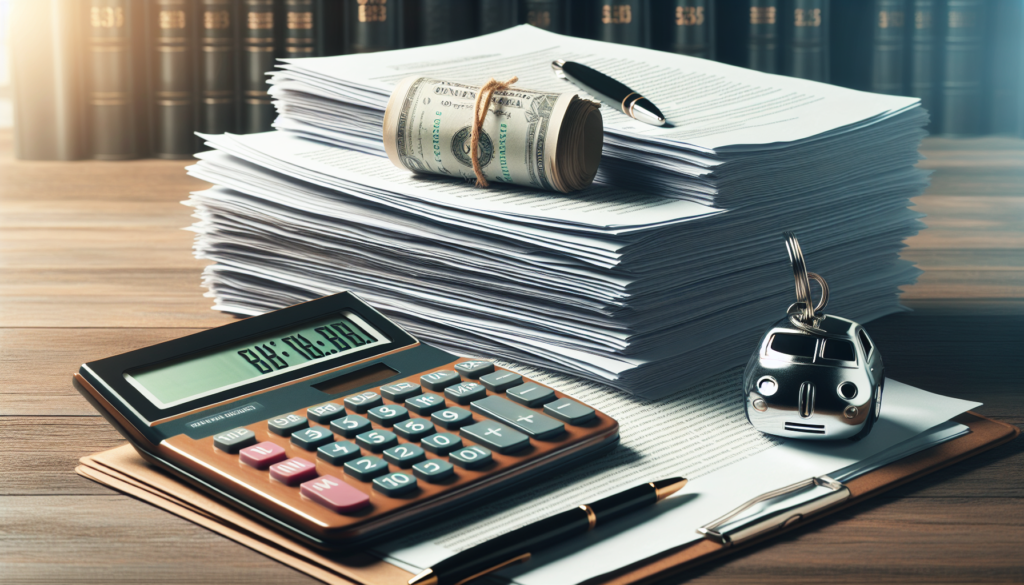
Recovering from a bankruptcy filing is a process that varies significantly from person to person, depending on various factors such as the individual’s financial habits, the type of bankruptcy filed, and their financial goals. Here’s a general overview of what to expect in terms of recovery time:
Credit Score Recovery
- Chapter 7 Bankruptcy: This type of bankruptcy stays on your credit report for 10 years. However, the impact on your credit score can start to diminish before it falls off your report, especially if you adopt positive credit habits post-bankruptcy.
- Chapter 13 Bankruptcy: This type remains on your credit report for 7 years. Since Chapter 13 involves a repayment plan, creditors may view it slightly more favorably than Chapter 7.
Rebuilding Credit
- Initial Years: After bankruptcy, you can start rebuilding your credit immediately. Actions like obtaining a secured credit card, becoming an authorized user on someone else’s card, or getting a credit-builder loan can help establish a new, positive credit history.
- Progress Over Time: Generally, individuals may start to see improvements in their credit scores within 2 to 3 years after bankruptcy, provided they consistently engage in good credit habits, like making timely payments and keeping their credit utilization low.
Access to Credit
- Short-Term: Obtaining new credit or loans shortly after bankruptcy can be challenging. You might face higher interest rates and less favorable terms.
- Long-Term: Over time, as you rebuild your credit, you’ll likely gain access to better credit options. Within 5 to 7 years, you might qualify for mortgages, auto loans, and other credit lines with more competitive rates.
Financial Health Recovery
- Budgeting and Saving: Post-bankruptcy, it’s crucial to establish a budget, build an emergency fund, and live within your means. These practices not only help improve your credit but also contribute to overall financial stability.
- Education: Many individuals benefit from credit counseling or financial education courses, which are often required during the bankruptcy process. These resources can provide valuable skills and knowledge for managing finances effectively post-bankruptcy.
Psychological and Social Recovery
- Stigma: The social stigma associated with bankruptcy can be challenging. However, many people find that successfully navigating bankruptcy and rebuilding afterward can lead to a sense of relief and a fresh start.
- Financial Confidence: As you rebuild your financial life, your confidence in managing finances can improve, contributing to a more positive outlook on your financial future.
While the bankruptcy notation stays on your credit report for 7 to 10 years, the journey to financial recovery can begin immediately after filing. With diligent effort and responsible financial management, you can start to see significant improvements in your credit score and financial opportunities within 2 to 4 years. Remember, the path to recovery is personal and can vary based on individual circumstances and decisions.


Get a Free Bankruptcy Case Evaluation